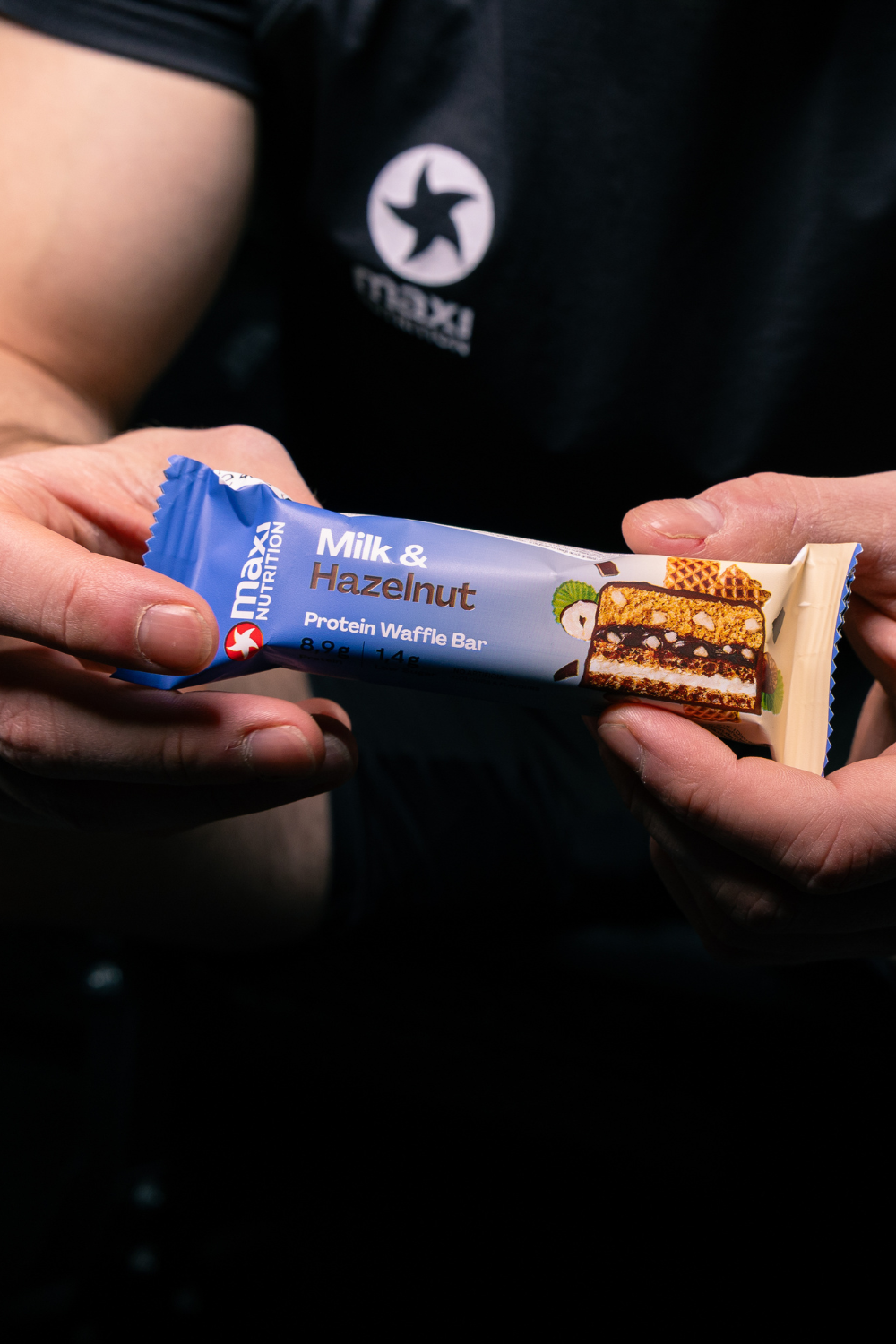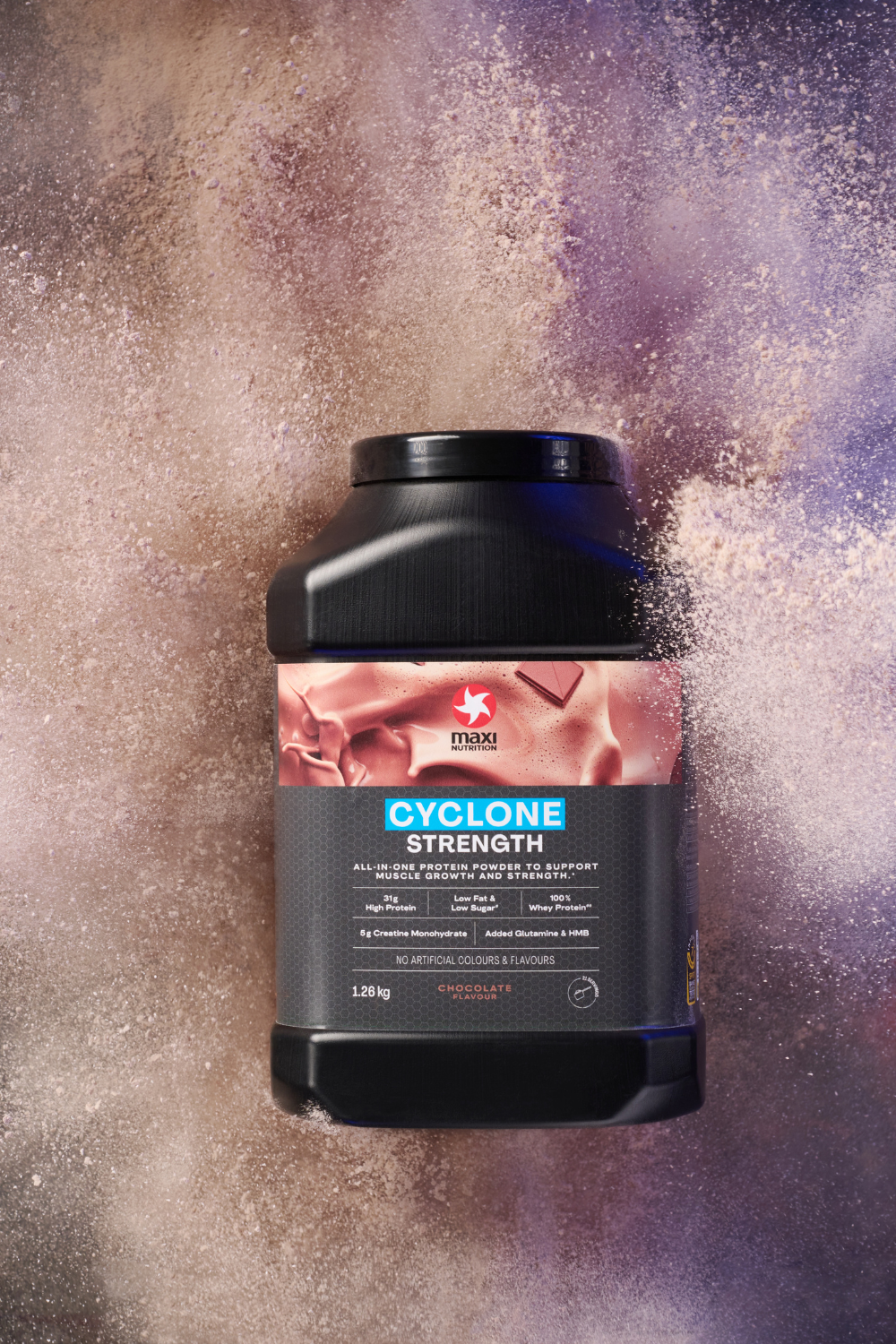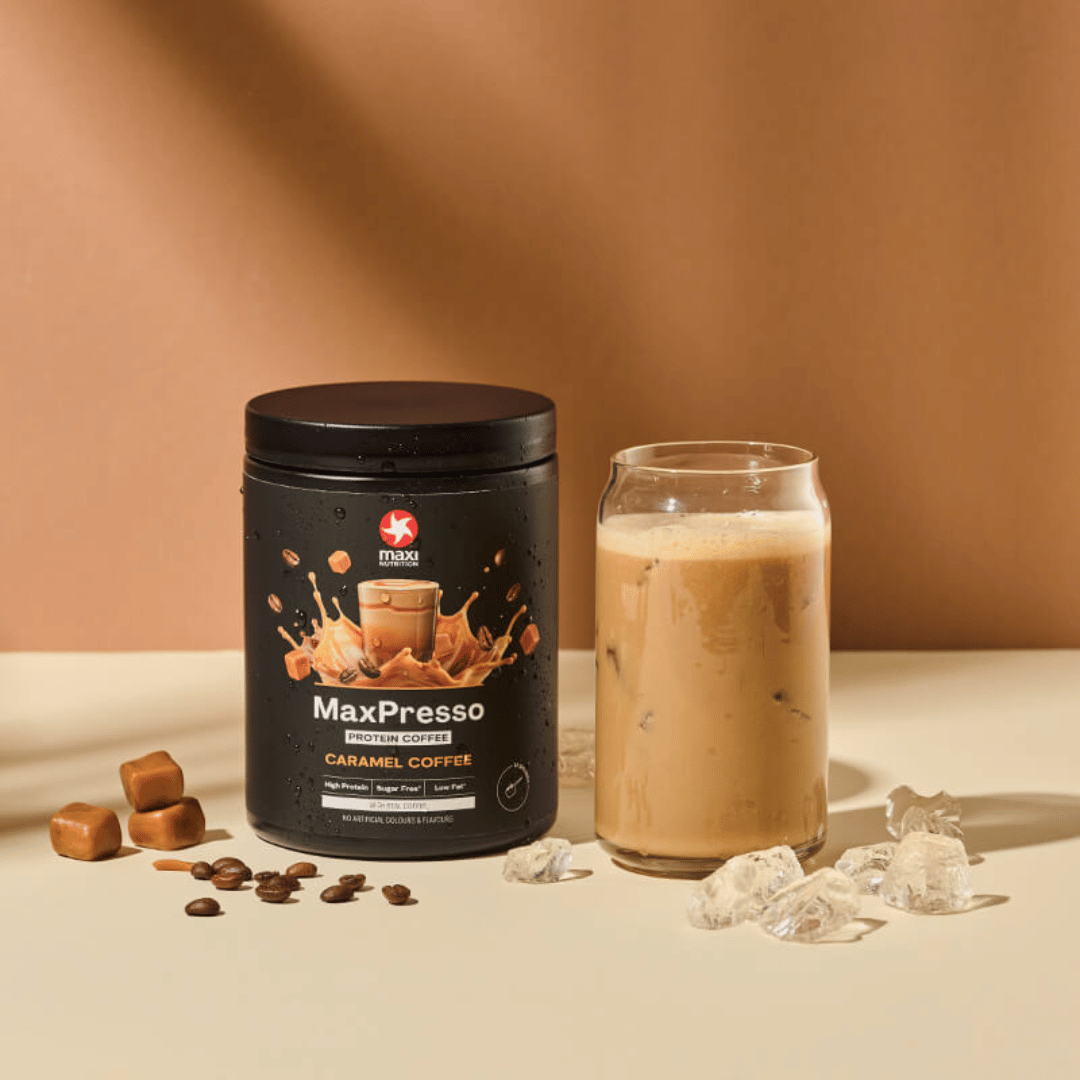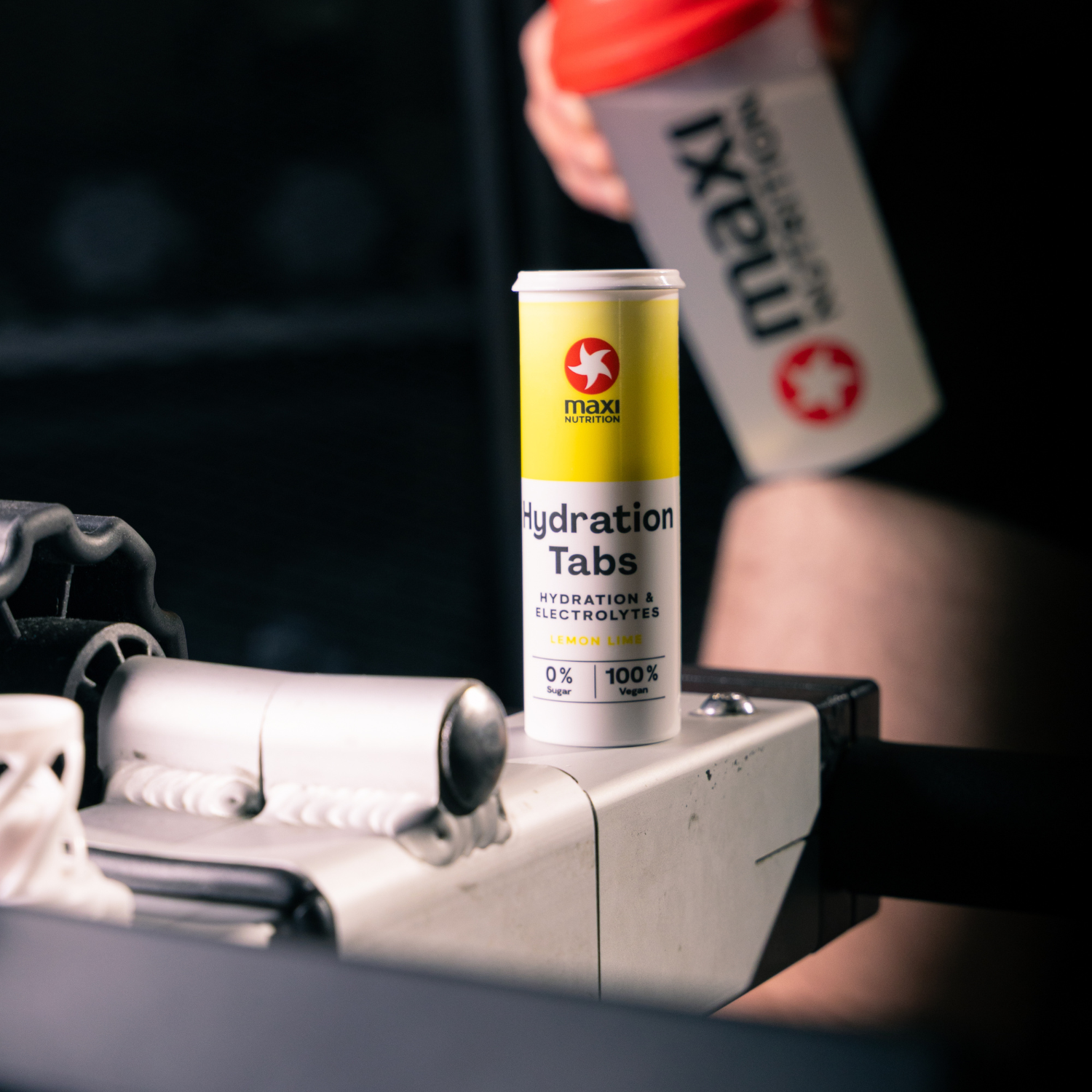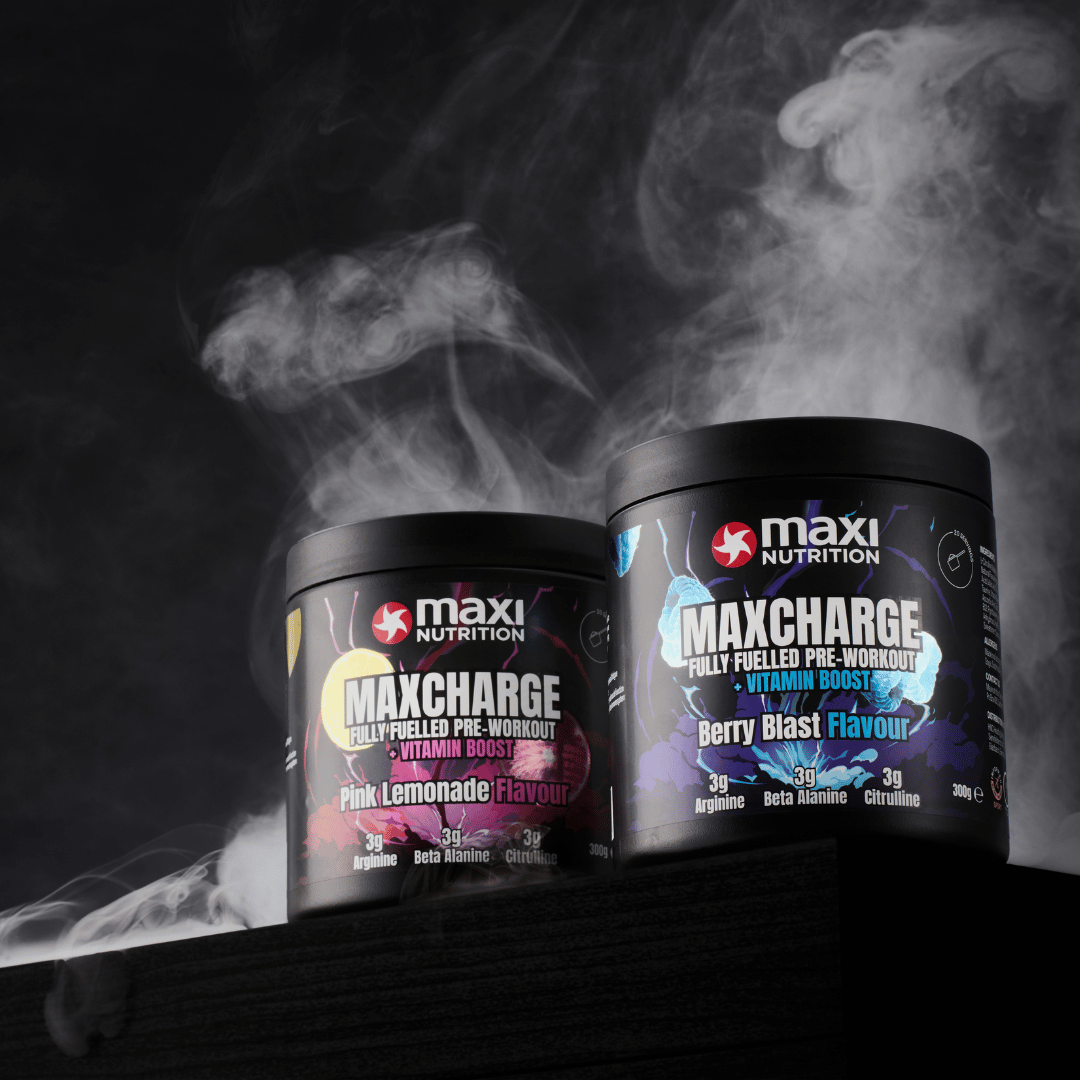Do you really drink 1.5 Litres of water a day? If not, why not? The earth is over 70% water and is the life blood for all living things; the same is true for the human body. But how does this change for exercise. Let us guide you through the science behind hydration and try to persuade you to always have a drink at arm’s length.
Key Points
The facts around hydration status – 89% of the population fail to drink enough water.Aim to drink 1.4 – 1.8 Litres per day, equivalent to 6-8 average household glasses.Dehydration is more than skin deep – your heart is forced to work harder for the same output.
We are extremely blessed that clean fresh cold water is never too far away, but why is it that when we experience a bout of hot weather, more and more people are taken to hospital with extreme dehydration, heat stroke or worse. According to a study by the RNLI, 89% of the population fail to drink enough water to maintain hydration. Men are more at fault than women and age is also a factor, with 25% of over 55 stating that they drink no water during the day.
As temperatures continue to soar, year on year, but with such a long period of continued summer sun this year, its no wonder that our hydration status is starting to make the news. In early August, the Express ran a story about Brits not drinking enough. Apparently only 19% of the population are aware of the daily recommendations, that we should all be drinking 1.4 – 1.8 Litres of water per day.
What is dehydration?
Dehydration is more serious than just neglecting to drink. The human body is approximately 60% water, this fluctuates based on gender, life-stage and muscle mass (muscle holds considerably more water than fat). Maintaining a high-water percentage is required for temperature regulation (thermoregulation). It’s important that the core body temperature remains around 37 degrees Celsius to be efficient and effective. As a consequence to exercise, the body temperature is elevated which instigates sweating, the natural removal of heat to the extremity through evaporation.
The effect of sweating
Dehydration may not only occur when physical sweat is present, but high sweat rates are more of a concern. High sweat rates equal high water losses, after all, that water has to come from somewhere. In the case of humans, a large majority of water is lost from the blood (plasma volume), making the blood thicker and hard to push around the body.
Think about it like this, rather than watering your garden with water, you swap the water for treacle. Clearly the flow would be significantly reduced. What could you do to increase the flow? Turn the tap up or make the pump work harder. That’s exactly what happens in the body. To maintain the same workload during exercise (cardiac output) your heart has to beat faster, not only to help fill the heart and get the vital oxygen around, but also to push the blood around the body. What does that mean? Well for every 1% body water loss the heart increases by 5-8 beats per minute, hence, making exercise harder. Meanwhile the core temperature continues to rise and the whole cycle continues. So, we just need to drink more? Ultimately, yes but drinking too much can also cause further complications.


